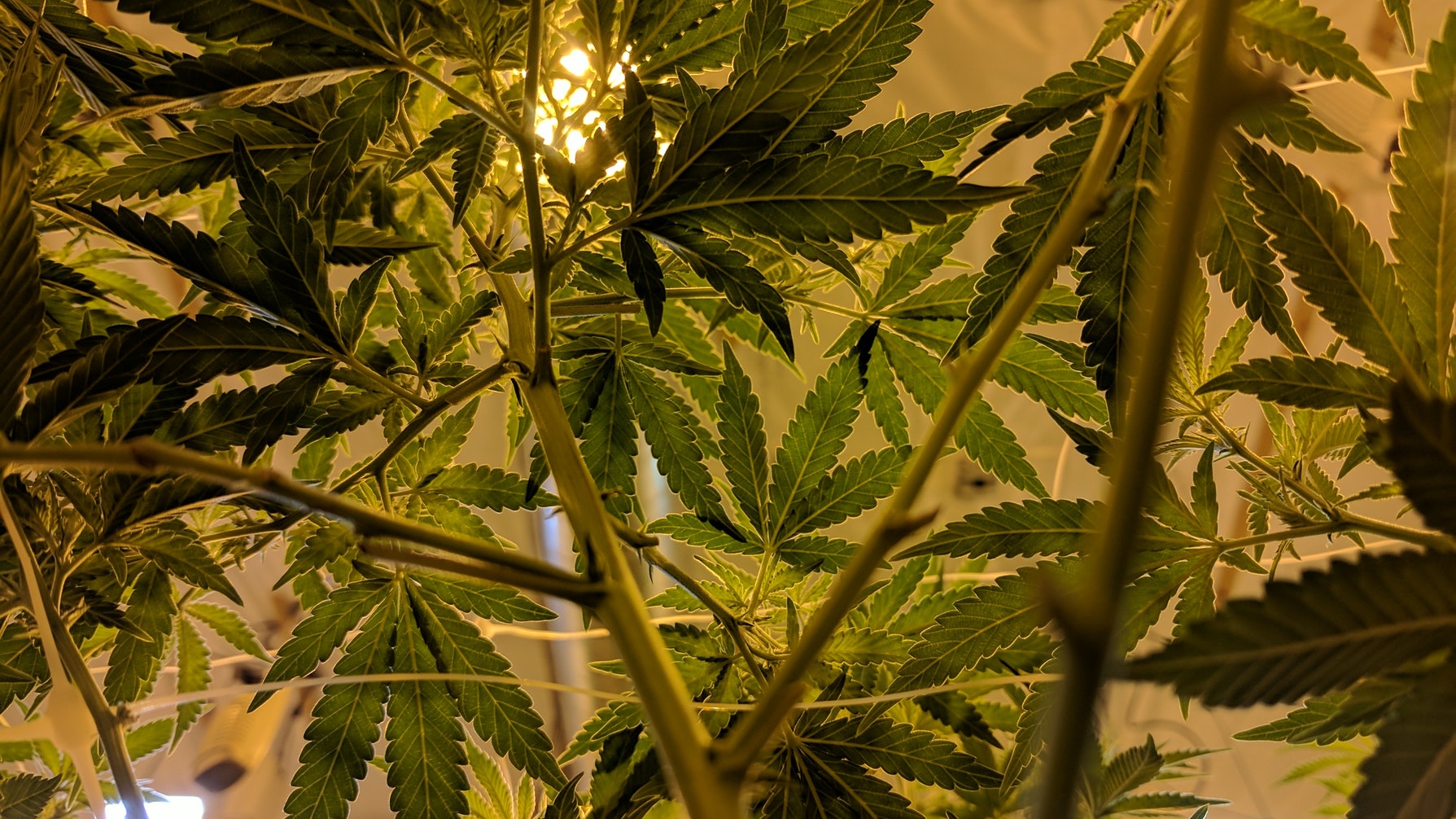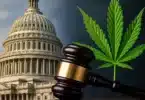Cannabis contains a cornucopia of chemical compounds called cannabinoids. These compounds provide the cannabis plant its medical and recreational effects, though different cannabinoids have different effects.
However, there are too many cannabinoids that there is no precise figure to their numbers.
Some cite over 100 compounds present in the cannabis plant, while others estimate them to be about 560.
From that multitude, which substance gives the best benefits? For starters, not all cannabinoids have been thoroughly examined yet, so those hundreds can
be narrowed down to less than twenty:
● THC (tetrahydrocannabinol)
● THCA (tetrahydrocannabinolic acid)
● CBD (cannabidiol)
● CBDA (cannabidiolic acid)
● CBN (cannabinol)
● CBG (cannabigerol)
● CBC (cannabichromene)
● CBL (cannabicyclol)
● CBV (cannabivarin)
● THCV (tetrahydrocannabivarin)
● CBDV (cannabidivarin)
● CBCV (cannabichromevarin)
● CBGV (cannabigerovarin)
● CBGM (cannabigerol monomethyl ether)
● CBE (cannabielsoin)
● CBT (cannabicitran)
Of those, medical professionals, establishments, and users usually only consume either THC and CBD.
THC versus CBD
THC – Perhaps the most well-known cannabinoid, THC provides the “high” that’s linked to cannabis. THC attaches itself to CB1 receptors on the brain, triggering a discharge of dopamine, a chemical that affects the brain’s motor control, reward system, motivation, arousal, etc.
If properly used, THC provides feelings of elation, pain relief, and total relaxation. In small
doses, THC can even improve memory. However, THC is the most psychoactive among the other cannabinoids. When overindulged,
THC can cause hallucinations, paranoia, and anxiety and can disrupt a person’s daily
performance. Thus, its recreational use isn’t ideal before or during work days.
Most THC consumers need to use a detox kit to cleanse their body of the substance’s
psychoactive effects, especially if they need to function in the right state of mind.
CBD
CBD is next to THC in terms of popularity; however, current trends appear to favor CBD for
medicinal use. Instead of fusing with the brain’s CB1 receptors like THC does, CBD boosts
endocannabinoids, the natural cannabinoid in the body. Specifically, CBD promotes the spread of the endocannabinoid anandamide by stopping the enzyme (FAAH) that consumes it.
Anandamide is known as the “bliss molecule,” and it significantly contributes to one’s fitness in terms of mental health, pain relief, appetite, memory, basically everything that’s also affected by THC. Since CBD naturally influences those aspects without tampering the brain, its effects do not come with any psychoactive properties.
The Growing Trend
While some may find the psychoactive THC to be fun for recreation, many people are creating more CBD-based products than THC ones. Some of those products usually replace existing vices like CBD e-liquid for vaping.
Apart from being nonpsychotropic, CBD is also nontoxic. In fact, many pet companies are
developing CBD products for animals too. Veterinarians have found that pets can benefit from cannabis’s medical properties as well.
Another example is CBD oil. Many use it for naturally relieving pain, for easing drug withdrawal symptoms, and even for inhibiting the spread of cancer cells in the body. Usually, CBD oil is mixed with one’s food, but it can also be applied topically on any ailing body part. Some products come with sprays so that they can be administered under the tongue.
CBD Legality
In the United States, hemp-based substances are legal across all states. However, cannabis
plants are trickier. Even if CBD isn’t psychoactive, the law still views it as such if it’s derived from cannabis with over 0.3 percent THC content. Thus, one needs to be careful where they get their CBD and where they plan to use it since every US state has different laws concerning the substance. As of 2018, these is the status quo of CBD legality in each US state:
Legal for Recreational and Medical Use
● Alaska
● California
● Colorado
● Oregon
● Massachusetts
● Maine
● Nevada
● Washington
● Washington, DC
Legal for Medical Use Only
● Alaska
● Arizona
● Arkansas
● California
● Colorado
● Connecticut
● Delaware
● Florida
● Hawaii
● Illinois
● Maine
● Maryland
● Massachusetts
● Michigan
● Minnesota
● Montana
● Nevada
● New Hampshire
● New Jersey
● New Mexico
● New York
● North Dakota
● Ohio
● Oregon
● Pennsylvania
● Rhode Island
● Vermont
● Washington
● West Virginia
Only Medical CBD Oil is Legal
● Alabama
● Florida
● Georgia
● Indiana
● Iowa
● Kentucky
● Mississippi
● Missouri
● North Carolina
● Oklahoma
● South Carolina
● Tennessee
● Texas
● Utah
● Virginia
● Wisconsin
● Wyoming
Illegal
● Idaho
● Kansas
● Nebraska
● South Dakota
Conclusion
From these facts, it’s clear that CBD is a better substance than THC if one wants to avoid any possible mind-altering effects. Plus, CBD is more versatile because it doesn’t have any major adverse properties. With CBD, one can get the health benefits of cannabis without getting high. Do remember, though, that the field of cannabis studies is fairly young. Innovations are always possible, and more information on the many properties of marijuana and its compounds still waiting to be discovered.







